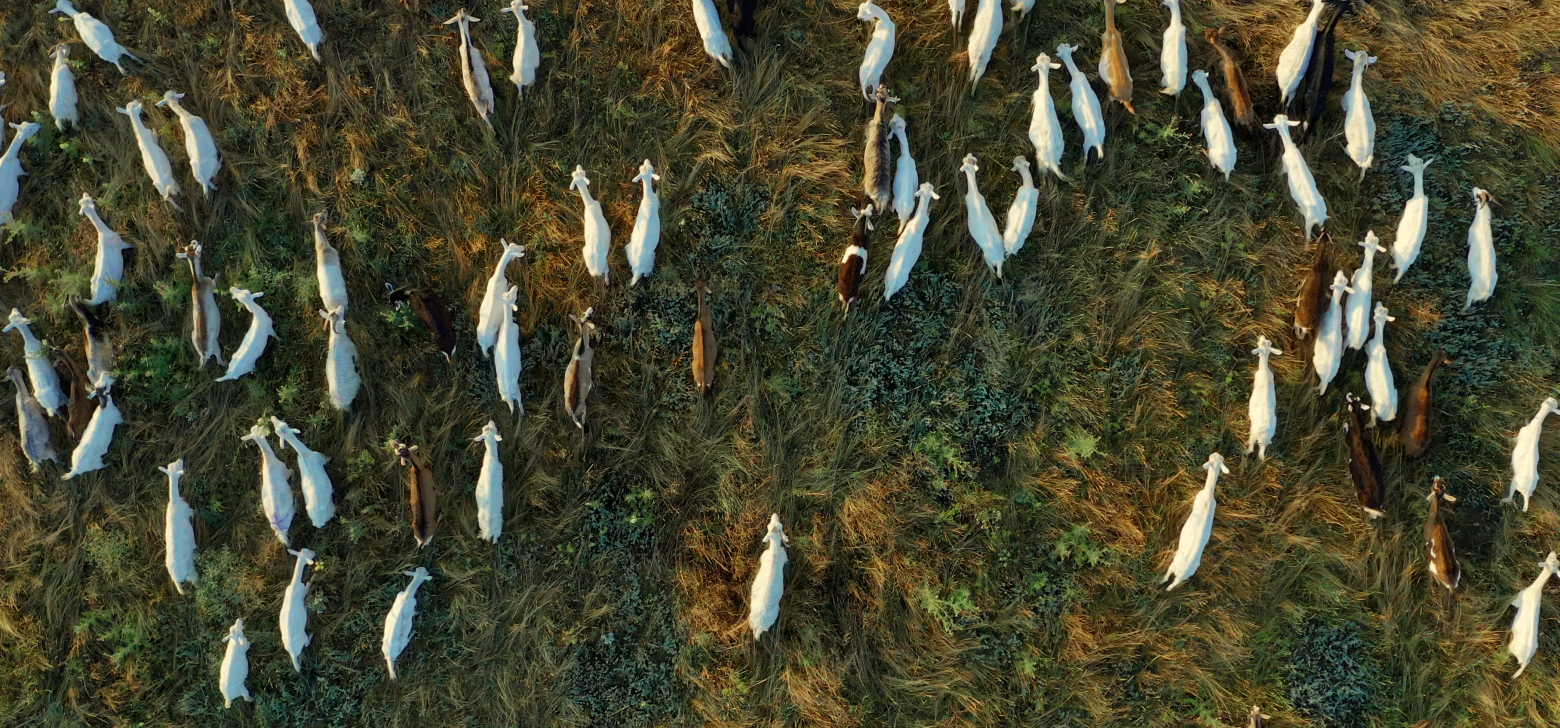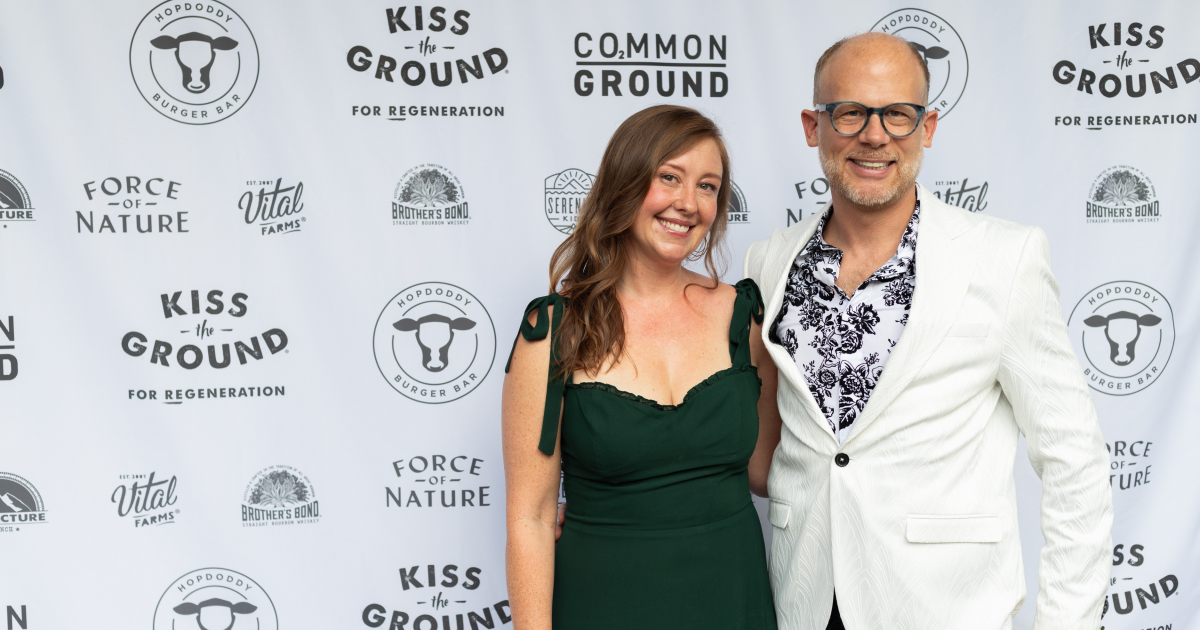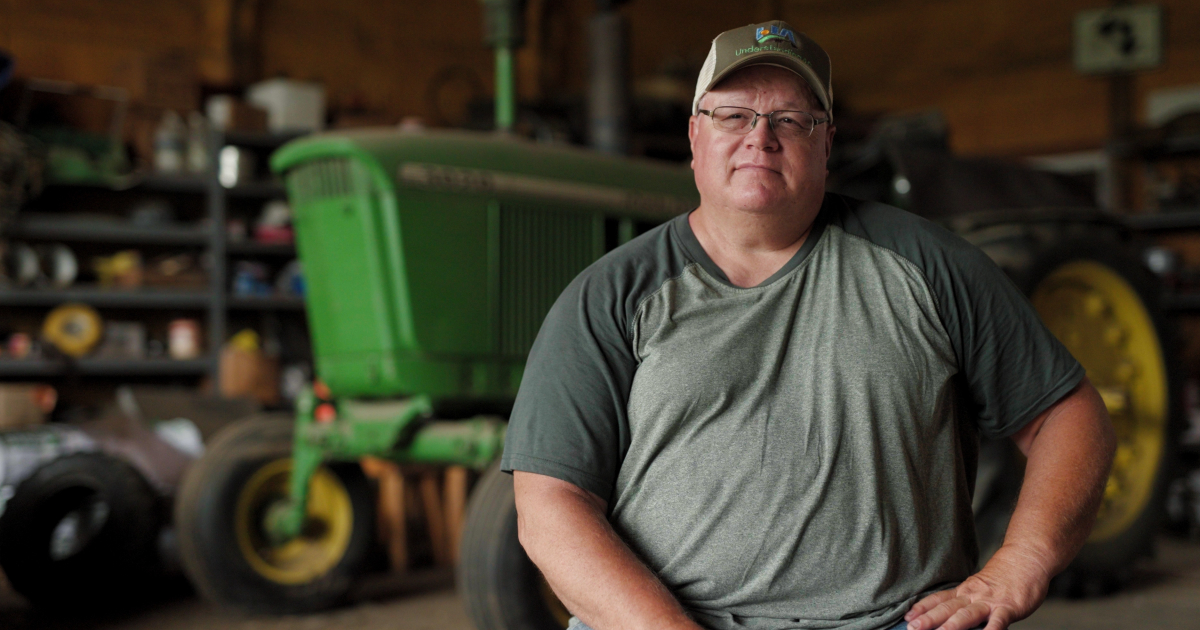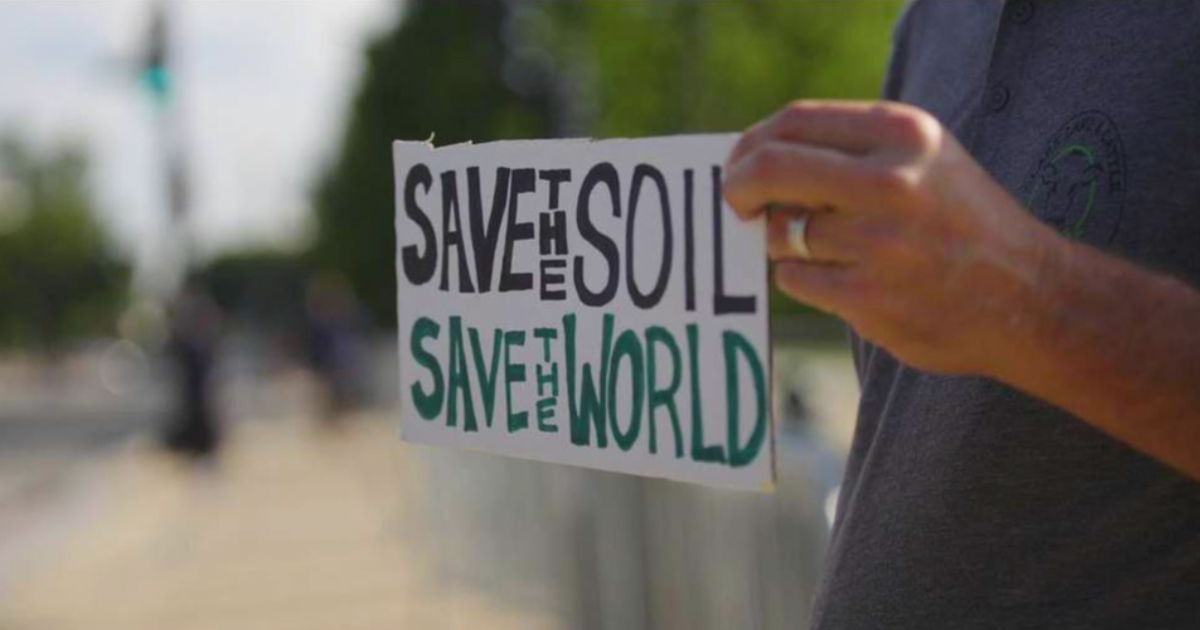In “Common Ground,” directors Josh and Rebecca Tickell dig into the untapped potential of soil in our current farming systems, and how regenerative agriculture, which prioritizes conservation and rehabilitation, could mitigate climate change. The documentary makes a compelling case: Soil can sequester all of the carbon dioxide humans emit every year, and farmers can make more money after adopting regenerative practices. The upshot? Farmers are not just integral to stabilizing the climate—they could soon be leading humanity to a future with net-zero carbon emissions.
Since their last film, “Kiss the Ground,” premiered in 2020, the Tickells started a “100 Million Acres” pledge in hopes of recruiting farmers to adopt certified regenerative systems across 100 million acres of land by 2030. Five years later, they’re halfway there, and with a sequel. “Common Ground” is available worldwide today on Prime Video. The Tickells joined us to talk more about the hardships farmers are facing, why dirt isn’t political, and the dangers of desertification causing another Dust Bowl that blows sand across not just the Great Plains but the whole world.
Since their last film, “Kiss the Ground,” premiered in 2020, the Tickells started a “100 Million Acres” pledge in hopes of recruiting farmers to adopt certified regenerative systems across 100 million acres of land by 2030. Five years later, they’re halfway there, and with a sequel. “Common Ground” is available worldwide today on Prime Video. The Tickells joined us to talk more about the hardships farmers are facing, why dirt isn’t political, and the dangers of desertification causing another Dust Bowl that blows sand across not just the Great Plains but the whole world.





